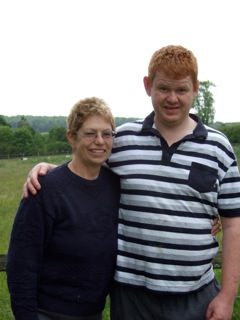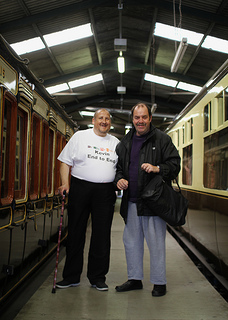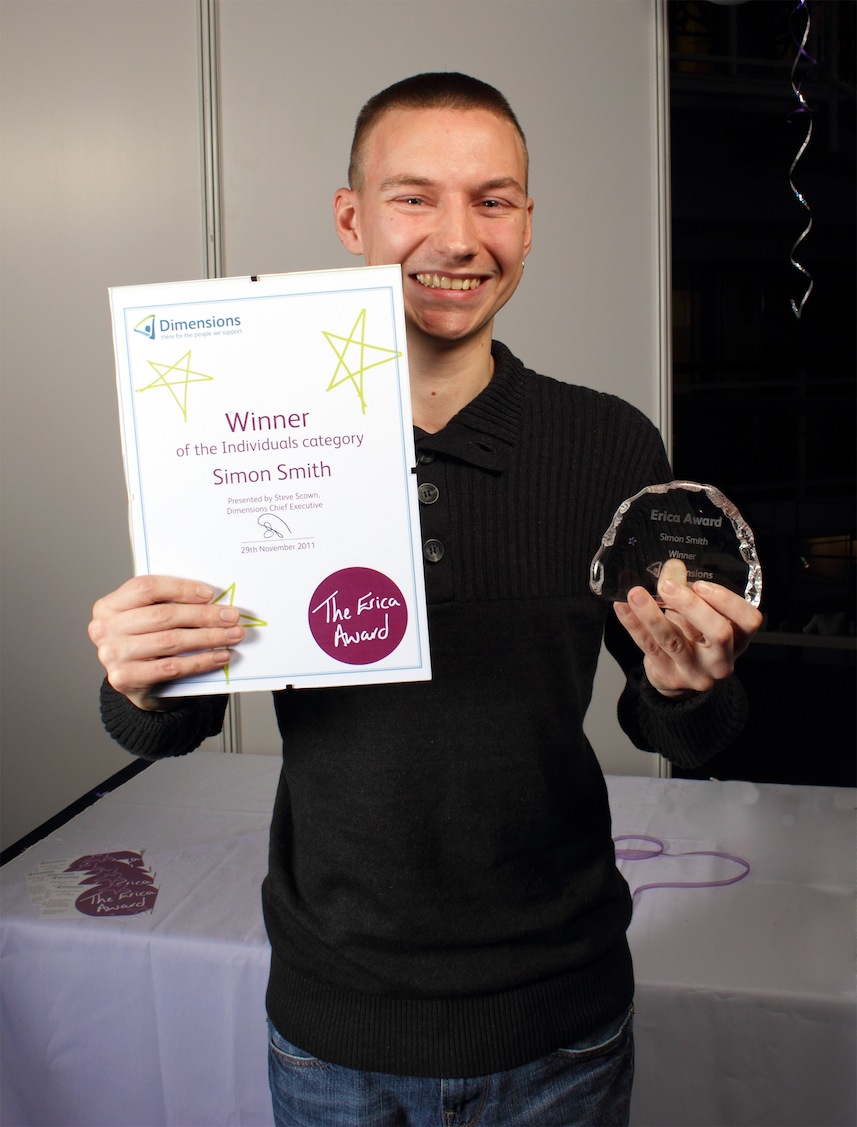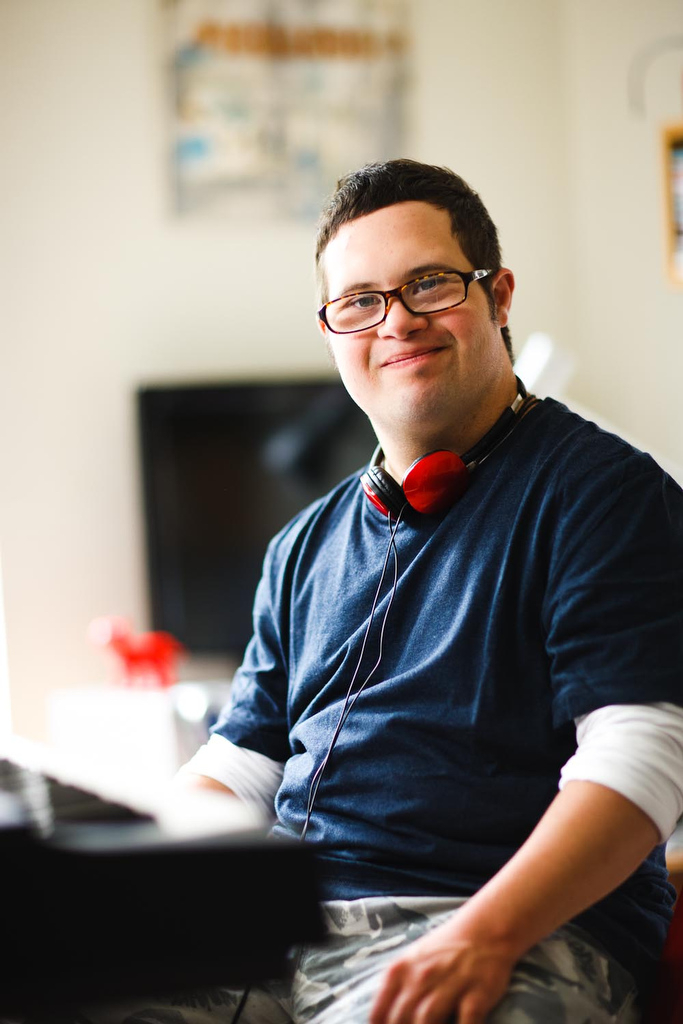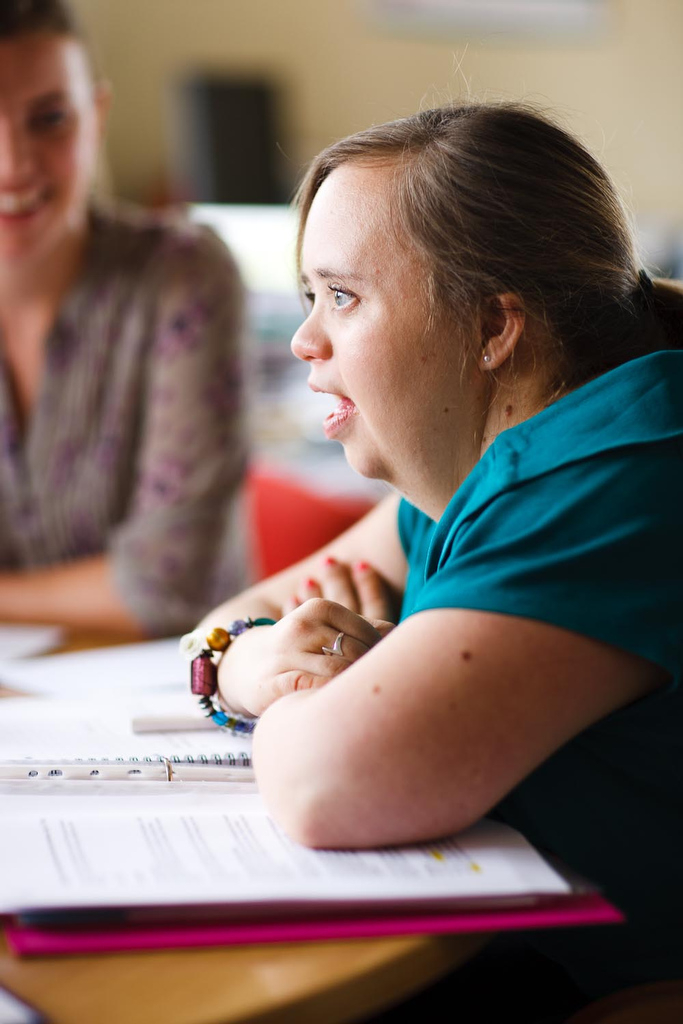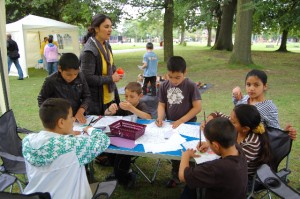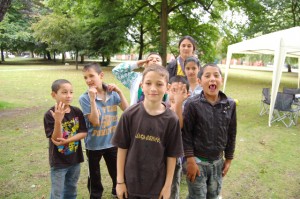Fresh questions are being asked about the government’s beleaguered post-Winterbourne drive to improve care for learning disabled people. An investigation is underway into “bullying accusations” at a special school run by a charity whose chief executive is trying to reinvigorate the flagging £2.86m government improvement scheme.
Bill Mumford, chief executive of MacIntyre which runs Womaston School and Children’s Home in Wales, offered to stand down as director of the Winterbourne improvement programme after allegations of mistreatment at Womaston. The government programme launched after the abuse of learning disabled patients at the Winterbourne View privately run unit in south Gloucestershire, abuse that was exposed by BBC’s Panorama in 2011. It aims to move individuals out of institutional, large-scale, long-stay units and into community-based accommodation.
Concerns about the behaviour of some staff towards children at MacIntyre’s specialist residential service were reported by a member of staff to the school principal in March and police and social services are investigating the claims. The school, home to students aged aged 10-19 with autism, complex behavioural needs and learning disabilities, will close in July with the young people moved to alternative placements. Staff have been suspended, other staff drafted in and, says MacIntyre in a statement, “the alleged behaviours are not occurring in the service now”.
The investigation into Womaston is expected to last several months and there are no more details about what the allegations involve. A BBC online story refers to “physical abuse”, a statement from MacIntyre describes “concerns” about the “behaviour of some other staff members” while a personal statement from Mumford mentions “a small group of my staff…suspended following accusations of bullying”.
The incident has sparked fresh criticism of the Winterbourne programme run jointly by the Local Government Association and NHS England. It aimed to move everyone out of such assessment and treatment units by 1 June 2014 but after little progress (3,250 people with learning disabilities and autism are still in private or NHS-run settings like Winterbourne View), its previous heads left and Mumford took over in January, on secondment from MacIntyre. New NHS figures show only 256 out of 2,615 in-patitents with learning disabilities or autism have dates for transfer into community settings and more are being admitted to NHS settings than moved out.
The death of Connor Sparrowhawk recently reignited debate about the use of such units that cost around £3,500 per person per week and leave people at serious risk of neglect and abuse.
Mumford has issued a personal statement “re the investigation at MacIntyre and my continuing role in support of the Winterbourne prog” (that’s a statement taken from Twitter). In it, he accepts concerns that while he is charged with a national role to improve the care and support of learning disabled people, employees of the organisation he presides over were carrying out exactly kind of behaviour he’s trying to stamp out. He also addresses the fact the drive has been less than successful.
He says in his statement (the square brackets are mine): “It is a very real concern to me and the [Winterbourne improvement programme] partners that the trauma experienced by individuals and families at Winterbourne View and elsewhere should not be exacerbated by the thought that the person responsible for the programme [is] being tainted with serious problems in his own organisation. Indeed it is the unacceptable stories of individuals and families that motivate and challenge us all to step up and do better. Therefore my second decision was to contact the Joint Improvement Partners, including personal phone calls to the representatives of people with learning disabilities and families, to inform them of the situation and offered to voluntarily step down. This couldn’t come at a worse time for the programme partners as it is well know[n] that complexity of achieving the original concordat commitments has been a struggle.”
The MacIntyre chief executive adds that the charity took immediate action: “There has been no cover up, no prior issues of this nature have been raised before and the families and placing local authorities and alerting member of staff are all completely satisfied with MacIntyre’s actions to date. Therefore MacIntyre is dealing with a very serious situation exactly as they should – it is an example of how things should happen and maybe this is an important lesson for the programme to share.”
While the investigation by Powys social services and police continues, Mumford says he is “not only restricted about what I can say but actually what I know. However as soon as it is completed I will share what we have learnt regardless of how painful that might be.”
Discussion (so far mainly on social media) involves support for Mumford and the Winterbourne programme’s aims as well as criticism about why a statement was only made public this morning and why there was not more immediate public transparency after the claims were lodged with the relevant authorities.
*This post was updated this evening in an attempt to clarify “bullying accusations” and add figures and links relating to the number of in-patients with learning disabilities.

